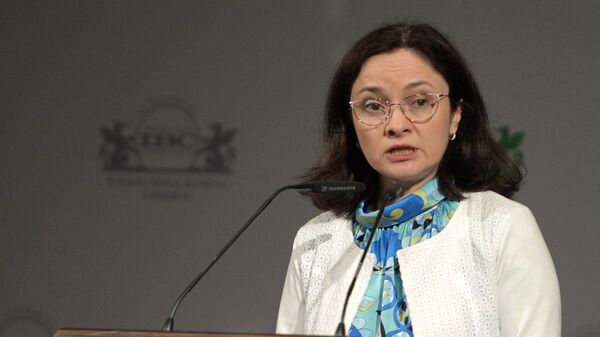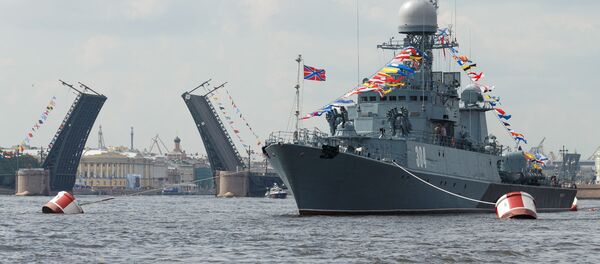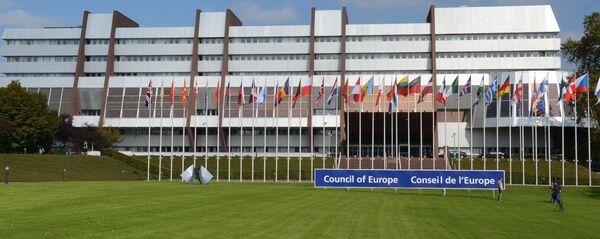"In the current conditions, it's very important for us to maintain our conservative approach to assessing risks and conducting monetary policy," Russian central bank Governor Elvira Nabiullina said at a recent press conference, Bloomberg reported this week. "We must make sure that inflation remains under control."
"Now, when risks are higher, it's particularly important to behave with caution. That approach is one of the most important principles in inflation-targeting policy," she said, the Financial Times reported.
"The decision taken is proactive in nature and is aimed at limiting inflation risks that remain elevated, especially over the short-term horizon. There persists uncertainty over future external conditions, as well as over the reaction of prices and inflation expectations to the upcoming VAT [value added tax] rate increase. The increase in the key rate will help prevent firm inflation anchoring at the level significantly exceeding the Bank of Russia's target," Nabiullina pointed out.
Central banks in several countries have tightened monetary policies this year in an effort to prevent a weakening of currency against lower oil prices, a US-China trade war and threats new US sanctions against Russia. The US Federal Reserve System is expected next week to increase its interest rate for the ninth time since 2015, the Wall Street Journal reported.
Nabiullina observed that putative actions by the US and Europe would have a "limited impact" on Russia, as the latter's economy adapts to sanctions.
In August, the administration of US President Donald Trump announced two new packages of sanctions against Russia, due to allegations of chemical weapons use against former Russian intelligence officer Sergei Skripal and his daughter Yulia in the UK city of Salisbury in March. In early March, Skripal, 66, and Yulia were found unconscious in the market town of Salisbury, around 100 miles south-west of London, as a result of an alleged nerve agent attack.
London accused Moscow of having orchestrated the attack with what the UK claimed was an A234 nerve agent, which Moscow has firmly denied.





